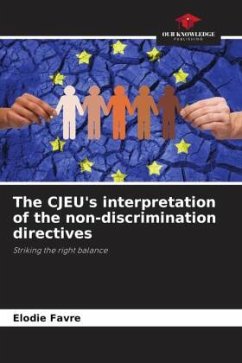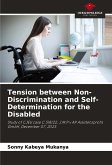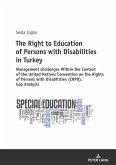Today, the principle of non-discrimination is no longer applied as a simple tool to support the Union's economic integration process. It is now an autonomous principle, designed to protect the most fundamental rights of individuals, in line with the growing importance of the Europe of human rights that the Court has endeavored to build. This thesis traces the case law of the Court of Justice of the European Union concerning equal treatment from 2005 to 2011, and shows how the wise men of the Kirchberg plateau have sought to play an active part in the development of anti-discrimination protections within the European Union.
Bitte wählen Sie Ihr Anliegen aus.
Rechnungen
Retourenschein anfordern
Bestellstatus
Storno








